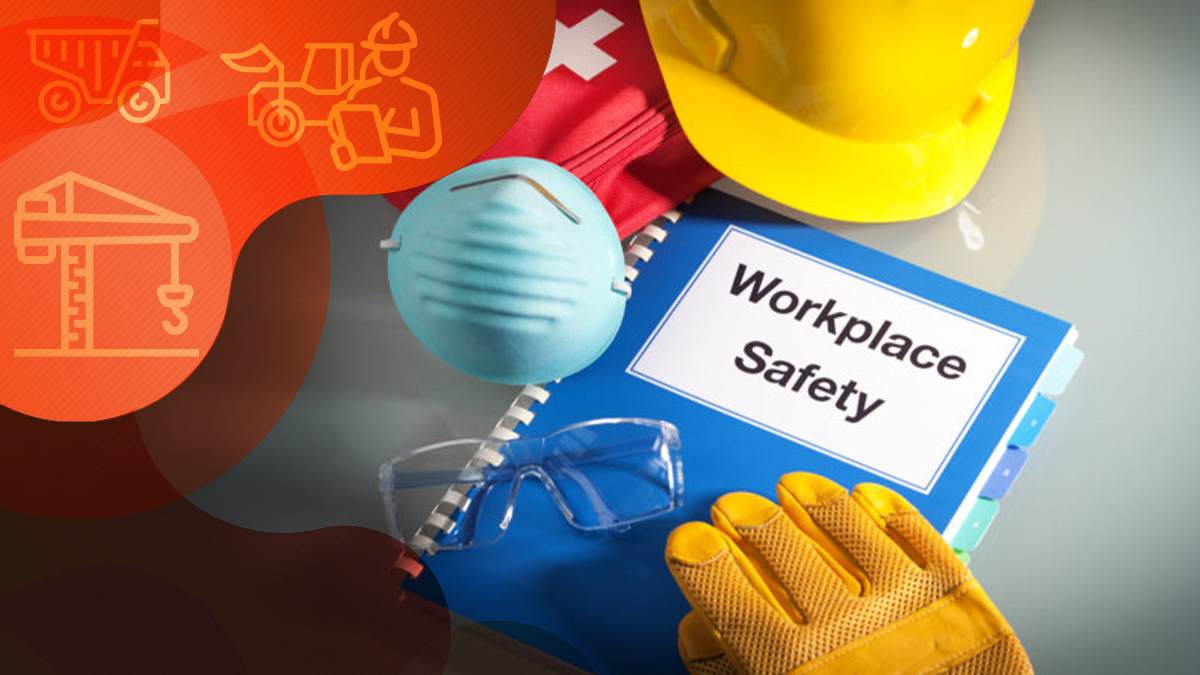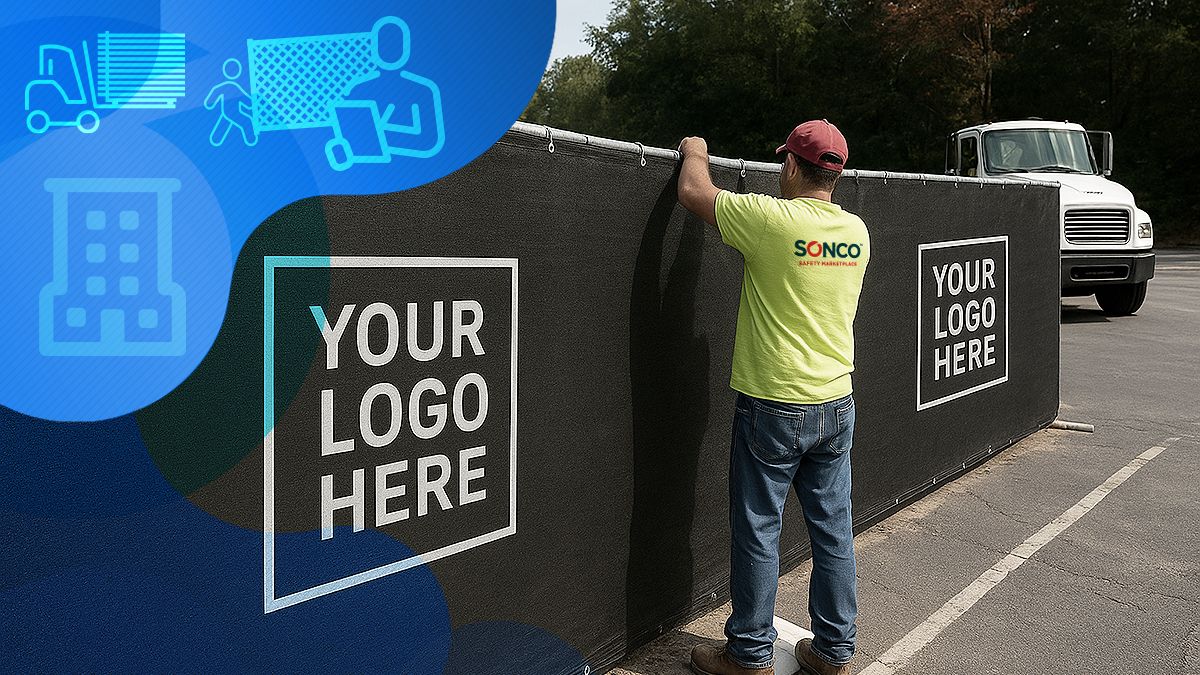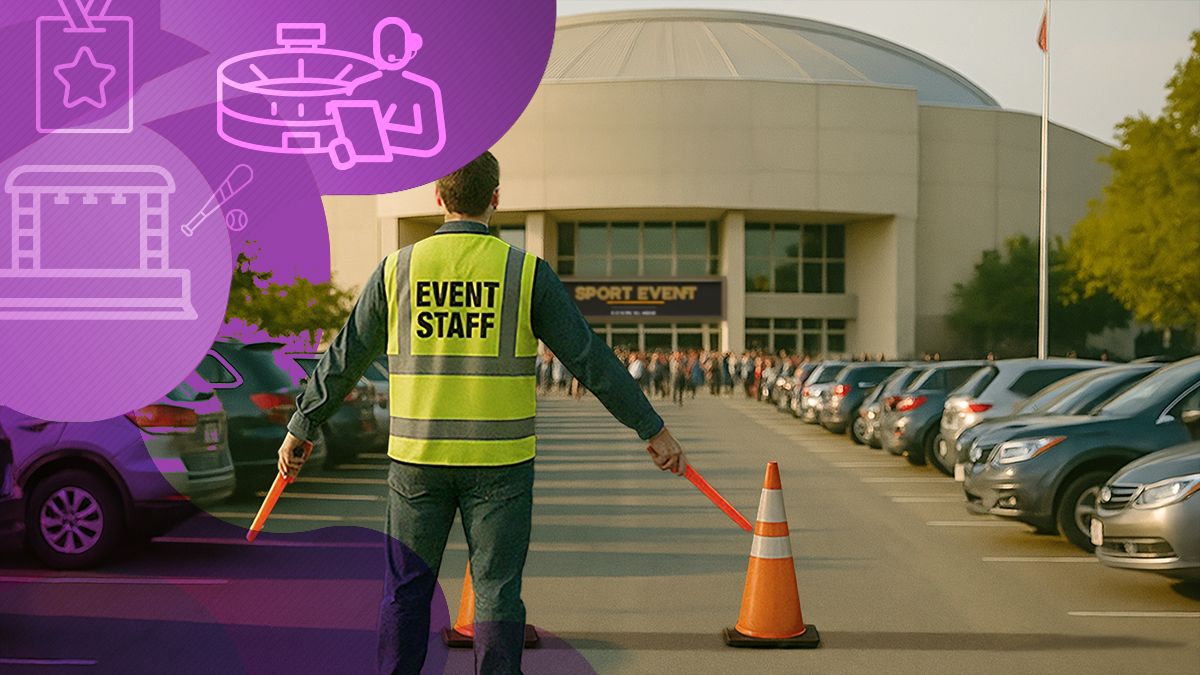Know the OSHA Requirements for First Aid Construction Kit

Meeting OSHA Requirements for First Aid
When construction crews arrive at your jobsite, they trust you’ve identified potential hazards and taken steps to mitigate risk. Following necessary health and safety measures is just the beginning, though—especially in an industry infamous for being one of the most dangerous. Consider these statistics:
- Twenty percent of the country’s 2019 private industry fatalities occurred in the construction sector. These employee deaths (1,061) marked a 5 percent industry increase from the previous year and the largest total since 2007. (BLS)
- A recent contractor survey found that nearly all participants (95 percent) had concerns about whether workers possess adequate skills for the job. (USCOC)
- In 2019, the construction sector saw 195,600 workplace injuries and 3,600 workplace illnesses. The industry was among the top-six most dangerous that year.
Construction sites have a variety of lurking hazards—even for the most prepared crews. To safeguard individual workers, reduce occupational risk and avoid hefty penalties from the Occupational Safety and Health Administration, construction firms adhere to industry-best health and safety practices.
Each year, OSHA issues comprehensive guidelines for protecting the health and safety of construction and other labor industry employees. These include conducting worksite analyses, planning for hazard prevention, controlling the worksite environment, and performing safety and skill training to make the job a success. But just as important is OSHA’s guidelines for risk prevention is the requirement that work zones offer easy access to one or more ANSI-approved first aid kits.
To comply with the most basic OSHA Workers’ Rights established under the Occupational Safety and Health Act (OSH Act), construction firms must provide a safe, healthy work environment that is free from “known health and safety hazards.” Achieving this goal begins with identifying a jobsite’s unique risks, planning for risk control and mitigation—and stocking compliant first aid supplies.
To go beyond the basics and create a 24/7 culture of health, productivity and risk management, most companies appoint a safety leadership team comprised of vigilant staff members trained in first aid and CPR/defibrillator protocols. These team members may be responsible for educating personnel about worksite risks, offering on-the-job training for new and returning contractors, and encouraging situational awareness that is proven to decrease workplace accidents and injuries
Planning for First Aid Kits & Jobsite Safety Measures
In addition to fulfilling a construction firm’s training and risk assessment functions, the safety leadership team is typically responsible for determining the most practical first aid supplies and managing supply inventories. Essential supplies for compliant first aid kits vary based on the workplace’s unique risks but generally include items detailed in OSHA’s 910.266 App A.
- Latex or nitrile gloves
- Standard gauze pads
- Large gauze pads
- Gauze roll
- Boxes of adhesive bandages (all sizes)
- Triangular band-aids
- Adhesive tape
- Wound cleaner & moist towelettes
- Burn dressing & treatment supplies
- Scissors & tweezers
- Blankets
- Resuscitator bag valve mask (BVM)
- CPR pocket mask or disposable breathing barrier
- Elastic wraps or ACE bandages
- Splints & tourniquets
- Eye & skin wash
- Cold packs
- Emergency contact list
- Instructions for basic first aid
Construction teams can invest in a Red Cross or ANSI-approved general-purpose first aid kit, or they can build their own medical supply boxes. Additional supplies, like eyewash or fall protection kits, also provide serious protection for your team—and your reputation. Minimum supply requirements are also found in ANSI/ISEA Z308.1-2015, prepared by the International Safety Equipment Association’s First Aid Group.
When it’s time to evaluate your construction site’s other safety and security measures, SONCO offers innovative solutions to navigate any jobsite type and location safely. Choose from perimeter control barriers, fences, custom barricade covers and other products that enable your construction site or job venue to operate safely and efficiently while complying with all local and federal regulations.
Audit First Aid Kits to Maintain a Prepared Worksite
To keep crews safe from harm while complying with OSHA and other industry standards, contractors and site supervisors should regularly review medical supplies for quality and completeness. To audit your first aid kit or cabinet, remember these steps:
- Keep an inventory of required items
- Remove & replace expired supplies
- Remove damaged or unsafe inventory
- Check & restock missing supplies
- Sanitize/organize a kit’s interior & exterior
Construction site guidelines also require that first aid supplies be sealed in packages and stored inside a waterproof container. All medical kits should be thoroughly inspected before arriving on the job site. Weekly checkups ensure items are adequately stocked and ready for use.
First Aid Training for Construction Sites
In locations where emergency medical care is not “reasonably accessible” according to OSHA standards, an organization must employ CPR and first aid-certified team members onsite. In times of emergency, these team members can administer CPR, follow first-aid protocols and provide basic medical treatment until paramedics arrive at the scene.
Developing Workplace Safety Programs
First aid preparation begins with a thorough jobsite inspection followed by a strategy session to discuss medical supply needs and site-specific risks for injury or illness. Your
health and safety program should include written policies and helpful instructions for employees. It’s also wise to schedule frequent “training refreshers” for members of your safety crew as well as the general employee population.
When it’s time to move to a new construction site or workplace, safety teams should re-evaluate emergency response measures based on the new location, staff numbers and site-specific risks. You may also need to update first aid supply kits to maintain safe, OSHA-compliant work environments on all jobsites.
SONCO Offers Safe Results
The construction sector and dozens of labor industries are developing “new normal” protocols for social distancing, hygiene and safety. To secure a safe environment for workers, supervisors and passersby, construction firms rely on SONCO for affordable, high-performance barricades, barriers, custom signage and safety accessories.
Visit our online store for industry-leading perimeter solutions, custom barricade covers, construction PPE, safety kits and more. Our ingenious solutions reduce liability, eliminate OSHA penalties or fines, and propel your business toward effective safety compliance. When it comes to site safety, we’re a trusted partner for construction crews on the East Coast and across the U.S.
Browse SONCO construction equipment online for industry-specific jobsite supplies. You can also contact a sales representative to request an estimate for crowd control, perimeter security and site safety equipment.
For more information about creating an OSHA-approved first aid kit for your construction venue or project space, visit the Occupational Safety & Health Administration website.
Trend now

Fence Privacy Screen: The Missed Revenue for Rental Companies
Grow profits by over 100% with fence privacy screens. See the numbers, customer benefits, and how SONCO makes it simple.

Greener Shows, Greater Impact: Sustainability in the Live Music Industry
In a competitive market where experience and perception impacts attendance, sustainability is a business advantage as well as a moral responsibility.

Parking Lot Safety Tips for Venues and Arenas
A safe and efficient parking lot sets the tone for the entire event experience, starting from the moment guests arrive.






